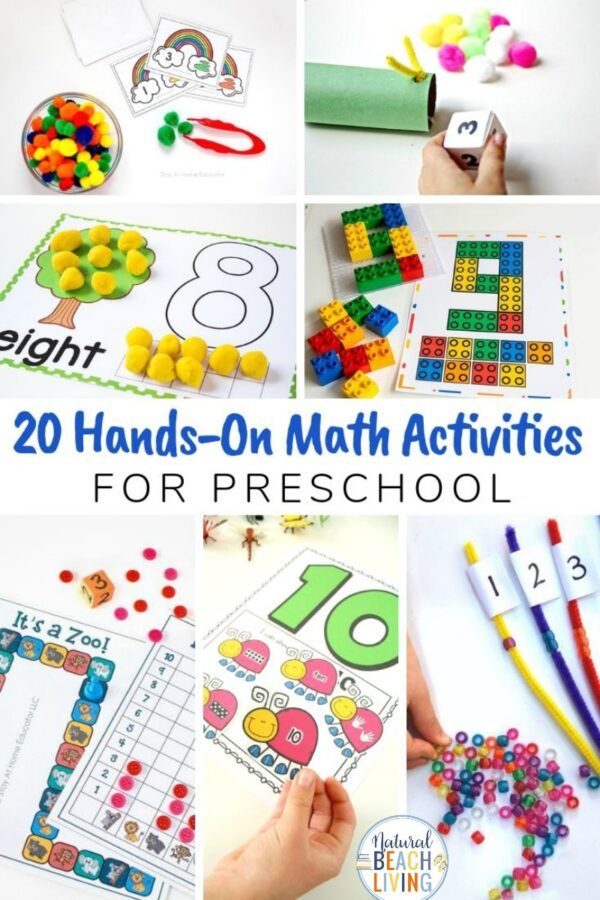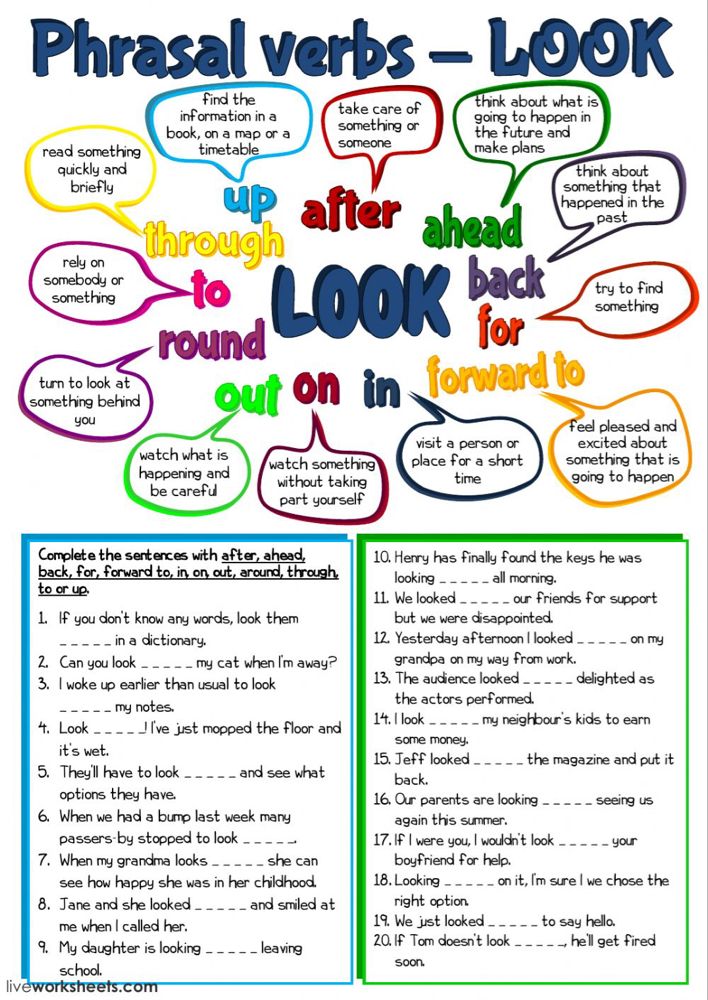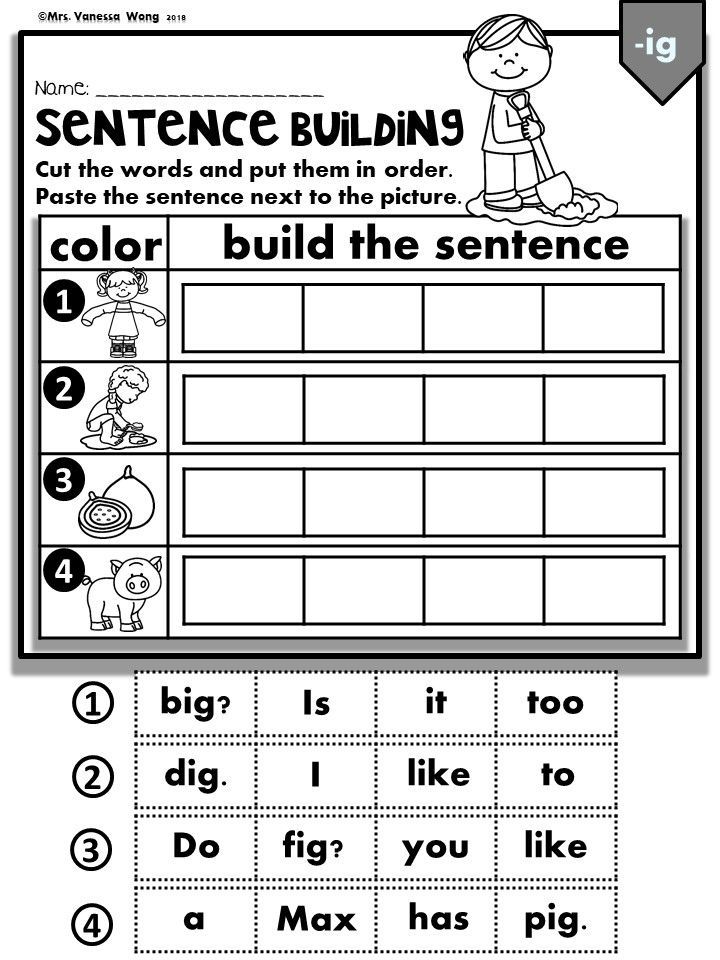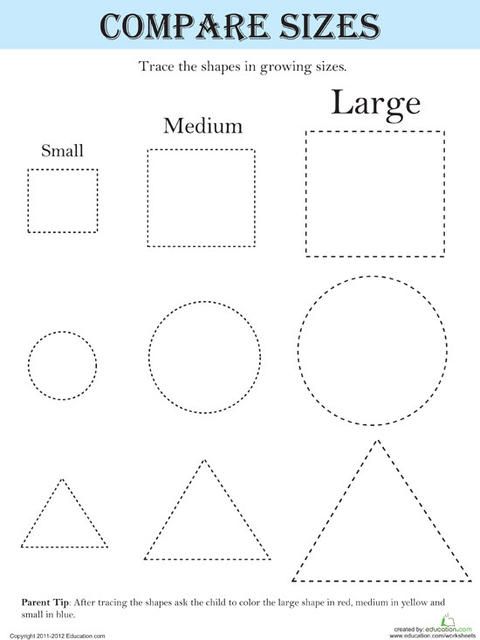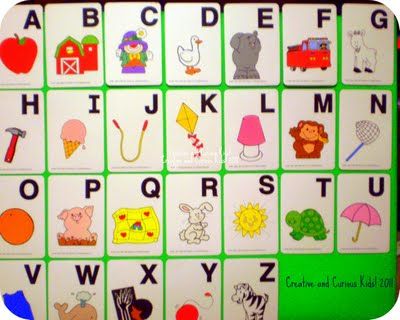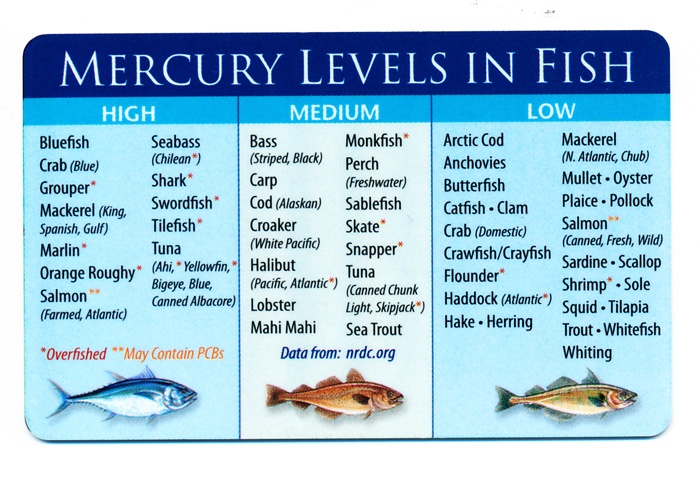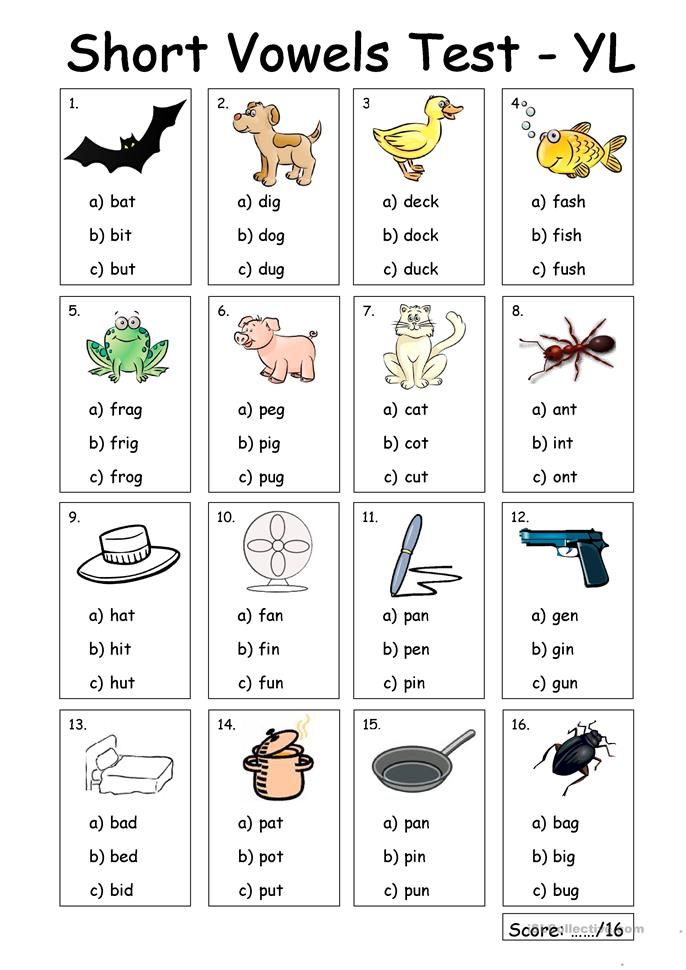Math projects for preschool
Hands-On Math Activities for Preschoolers
Disclosure: This post contains affiliate links to Amazon. See my disclosure policy for details.
Math is so fun to teach to preschoolers because there are a lot of daily activities that incorporate math. Preschoolers don’t need worksheets for math…they should learn through play and hands-on activities.
1. Patterns with Bears
Counting Bears are a great math manipulative to use with preschoolers. You can sort, count, or use them with patterns.
I created some pattern cards to help with this. The first page is an AB pattern, meaning two colors alternate in the pattern. The second page is an ABC pattern, meaning three are three colors in the pattern. For this activity, your preschooler will set the colored bear on top of the matching color to create a pattern. On the ABC pattern cards, the last circle is left empty. That is for your child to tell you what color it should be.
You can get the color patterns printable at the bottom of this post.
Math Skill: Patterns and Relationships
You can find more pattern activities here.
2. Sorting Colors with Bears
Sorting is a skill preschoolers should work on a lot. One way to sort is by color. We do this with our counting bears and a sorting mat.
You can get the sorting mat printable at the bottom of this post.
You can even use colored tape and pom poms to practice sorting! Add in some tweezers for some extra fine motor practice.
We also love counting mats! These are great for learning to count and working on one-to-one correspondence.
Math Skill: Patterns and Relationships
3. Money Muncher
A fun way to work on sorting is with the Money Muncher! It’s also a great activity for fine motor skills. To see all the fun details, click here.
Math Skill: Patterns and Relationships
4. Sorting Jelly Beans
Anytime we work with candy, my kids love it! You can sort M&Ms or jelly beans or whatever! To see how we did this with jelly beans, click here.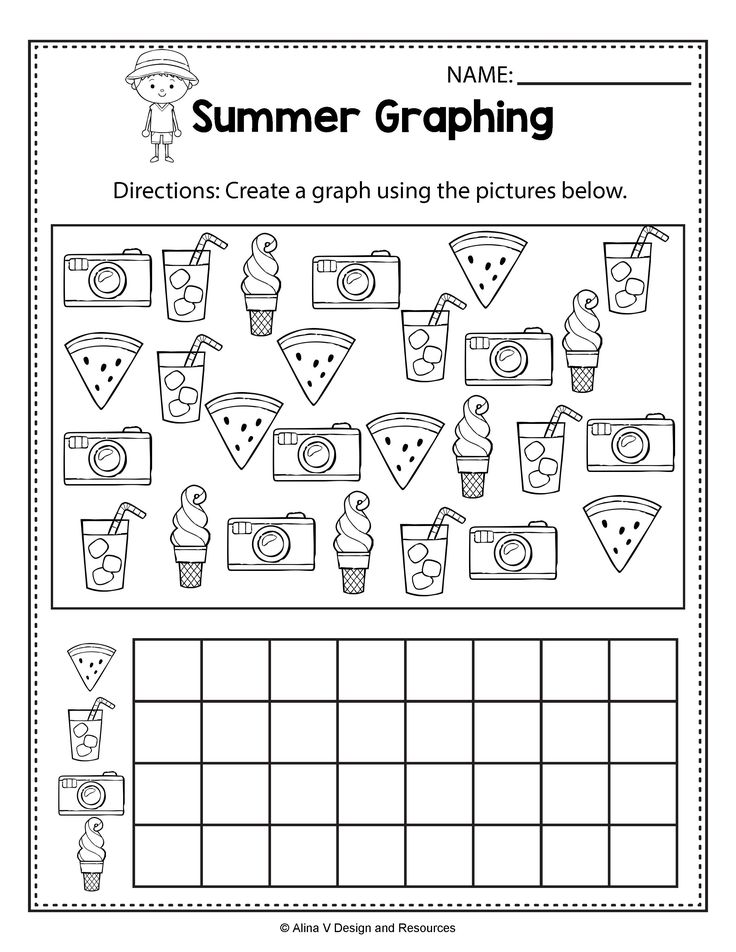
You can get the jelly bean sorting printable at the bottom of this post.
One more idea for sorting is by using toy animals. Have them sort by different characteristics, such as land animals and sea animals.
Math Skill: Patterns and Relationships
5. Graphing
Graphing is always good to introduce to preschoolers. It doesn’t have to be complex, but you can do a simple activity like graphing the types of transportation on a bar graph and use small pictures or toys (or I used erasers from The Dollar Tree).
Make graphing hands-on using apples! Even young preschoolers can begin learning about graphing with this activity.
Check out this free gumball graphing activity right here.
Math Skill: Patterns and Relationships
6. Shape Wheel
This is a fun activity for learning shapes! Just print this shape wheel and draw the same colored shapes onto clothespins.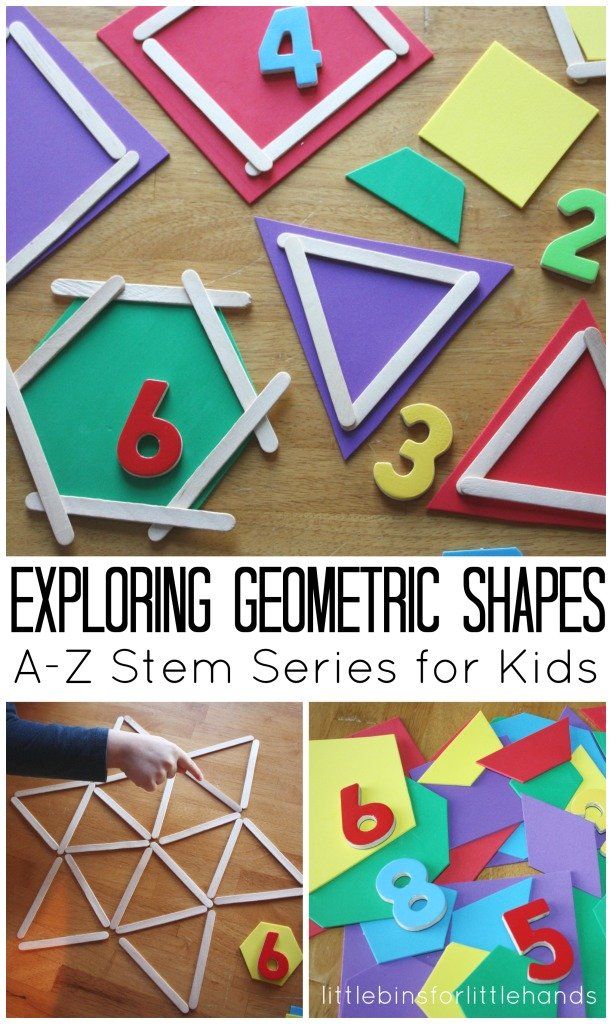 Have your child match the clothespin to the shape on the wheel. This is great for working on fine motor skills!
Have your child match the clothespin to the shape on the wheel. This is great for working on fine motor skills!
You can get the shape wheel printable at the bottom of this post.
Math Skill: Geometry
7. Shape Sorter
An easy way to practice shapes is with a Shape Sorter! I bought these shapes at Michaels Craft Store many years ago, but these 3D geometric shapes would be a good option if you’re interested in creating a Shape Sorter. Check out this post for details on how to make this easy math activity.
Math Skill: Geometry
8. Noodle Shape Cards
A neat sensory activity and a fun way to learn shapes are with noodles! See the post here to download the free shape cards.
Math Skill: Geometry
9. Foam Sticks
Learn shapes in the tub with these foam sticks! You can see how we did this here.
Another fun way to practice shapes is with the cookie shapes matching activity!
And my favorite way to teach about shapes is with my shape rhymes!
10.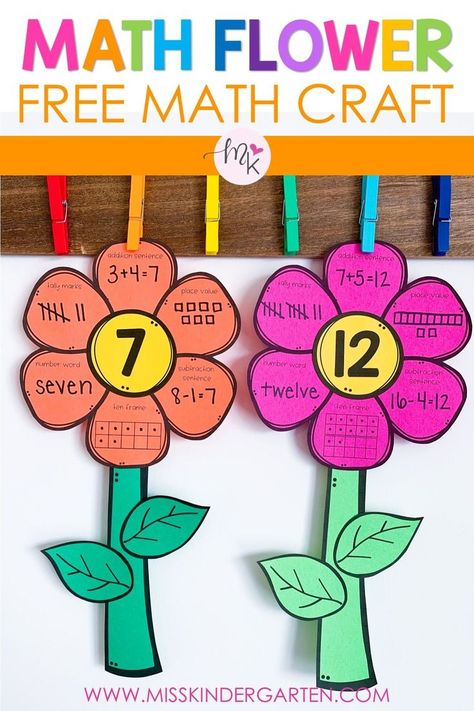 Dice Game
Dice Game
This is a really fun game! I took this Melissa & Doug wooden toy and put white circle stickers on the top of the pegs. I wrote numbers 1-6 and had 2 stars. I had my son roll the dice and whatever number it landed on, he would pound with a toy hammer. If the number he rolled was already down, he hit the star. Not only was this fun for him, but he was able to “subitize”, which simply means to recognize numbers instantly without counting the dots.
Math Skill: Number Concepts
11. Star Number Cards
Practice counting and recognizing numbers with star number cards. This one is great for working on one-to-one correspondence and fine motor skills.
You can get the star number printable cards at the bottom of this post.
Math Skill: Number Concepts
12. Ladybug Math
We made these adorable ladybugs and they were a hit! Not only were they fun to play with, but we did a lot of counting and sorting with them.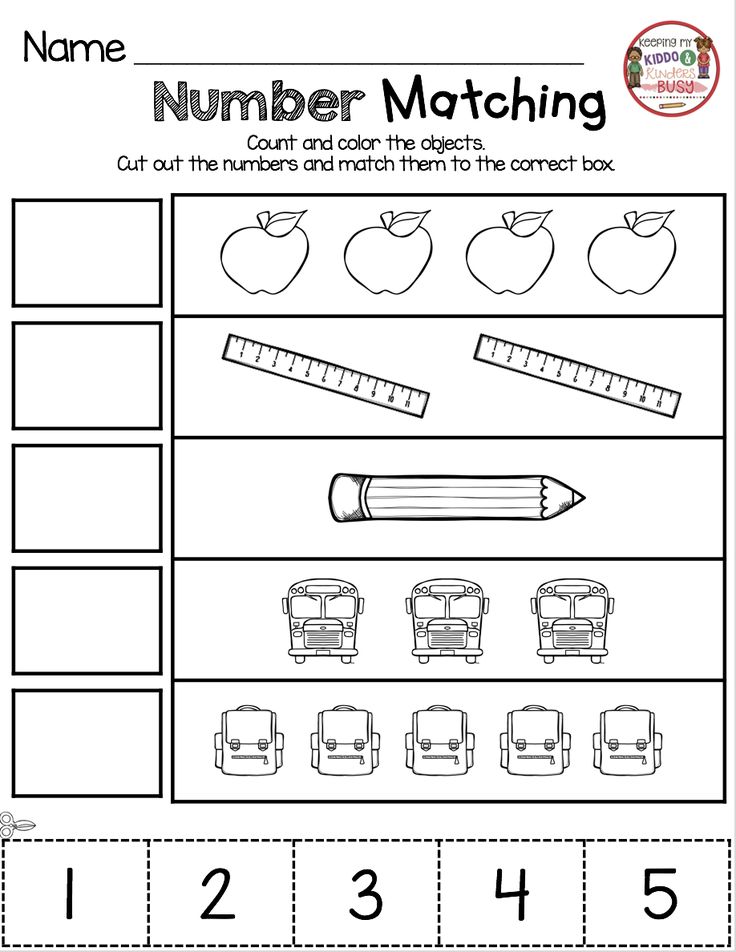 Read all about it here.
Read all about it here.
Math Skill: Number Concepts
13. Balloons
Learn the order of numbers with this really fun game involving balloons! Check out the details here.
Math Skill: Number Concepts
14. Estimating with Water
We learned about estimation with a dropper with some fun, hands-on water activities.
Math Skill: Measurement
15. Pouring and Comparing
We practiced pouring skills with rice into these beakers. Then I had my son line them up from biggest to smallest. Using comparative words like big/small or empty/full help teach preschoolers about simple concepts of measurement. This is simple and you could elaborate on this activity.
One more easy way to practice measurement is with Unifix cubes. Place different lengths of tape on the floor or poster board. Then have your child use Unifix cubes to measure the lines.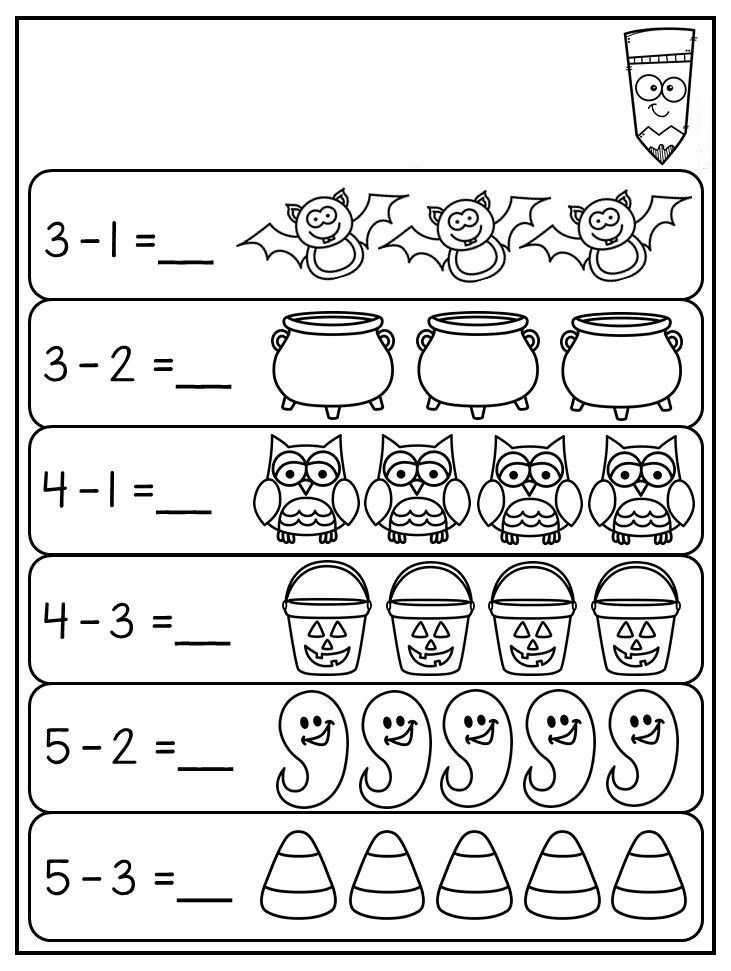 This is a simple way to practice counting, measuring, and comparing lengths.
This is a simple way to practice counting, measuring, and comparing lengths.
Math Skill: Measurement
Lastly, check out this really easy and fun way to practice counting!
If you’re looking for digital math activities, make sure to check out my counting activities using Google Slides.
If you’d like to download the 5 free printables I shared in this blog post, just click on the button below!
Preschool Math Activities that are Super Fun!
If you are looking for preschool math activities then you're in luck! I gathered my favorite hands-on math activities and math center ideas for preschool and I am sharing them here!
Math skills are so important and finding playful and engaging ways to teach those skills to preschoolers is crucial. Whether you teach math to a classroom full of preschoolers or homeschool one or two at home, it's important to use hands-on math experiences.
This is a list of the best preschool math activities that I could find! I hope they will be super helpful to you.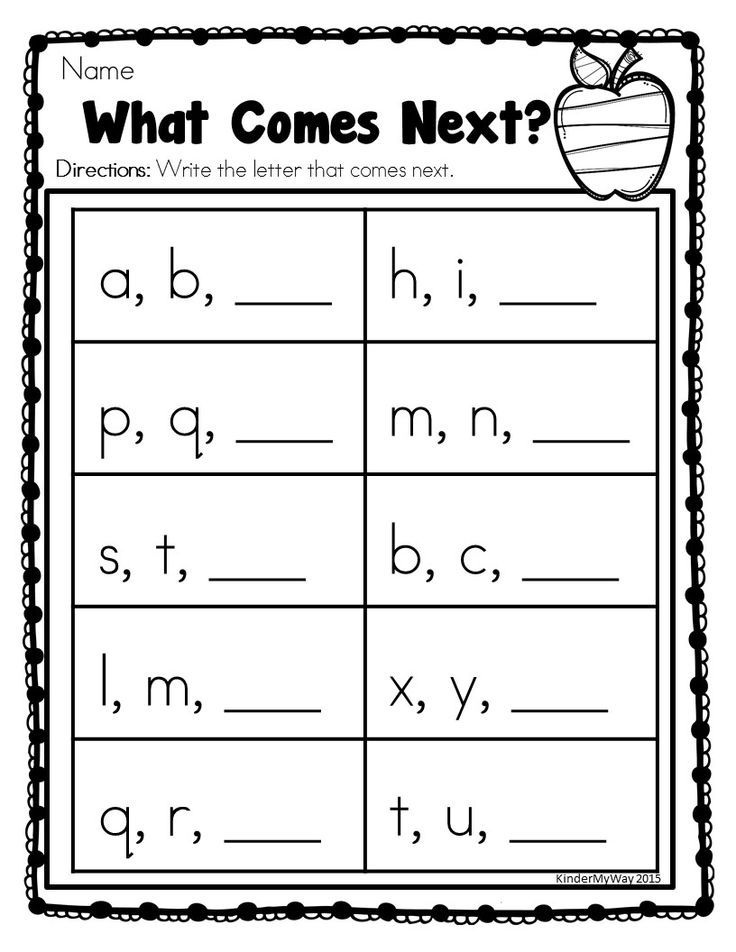
Hands-On Preschool Math Activities
1. Roll and Dot the Number is a quick preschool math game that will teach kids to identify numbers and count while learning one to one correspondence! It is one of our favorite preschool math activities!
2. This Build and Measure Block Center is such a neat way for kids to explore measurement!
3. These Counting Bears Number Strips are a hands-on way for toddlers and preschoolers to learn numbers, counting and even colors.
4. These Tree Play Dough Numbers Mats are a great way to work on a number of math skills including counting to 10!
5. Work on color recognition and sorting with these Button Sorting Cups.
6. This Simple Fine Motor Counting Math Tray is super easy to set up and provides excellent fine motor practice too.
7. Grab your craft sticks and make these Colors and Patterns craft sticks for your math center!
8. Teaching Symmetry to Preschoolers with LEGO DUPLO is perfect for teaching symmetry to preschoolers and young kids.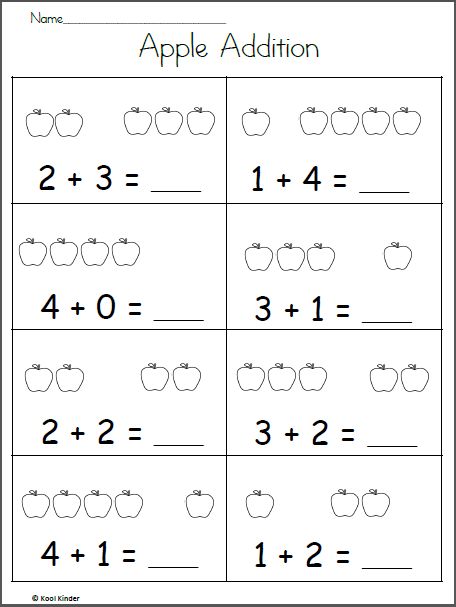
9. Your kids will have a blast learning to count with Bugs in a Jar!
Preschool Math Activities that are Fun and Engaging!
10. These DIY Tactile Counting Sticks are very easy to make and are perfect for kids who are learning to count.
11. Measuring with Bear Counters is an excellent way to introduce preschoolers to measurement!
12. I love this Play Dough Geometry activity! All you need is play dough and craft sticks!
13. This Pattern Making activity only requires a few common supplies. It's a hands-on way to introduce young preschoolers to patterns.
14. Number learning is really fun with this Car Parking Numbers Game!
15. Your kids will love learning about shapes with this Preschool Shape Scavenger Hunt!
16. This Number Pocket Game is a hands-on way for young preschoolers to learn numbers.
17. This Car Color Sort math activity is a great way for kids to practice sorting while playing with cars.
18. This Smack the Number Counting Game is fun way to practice number recognition and one to one correspondence.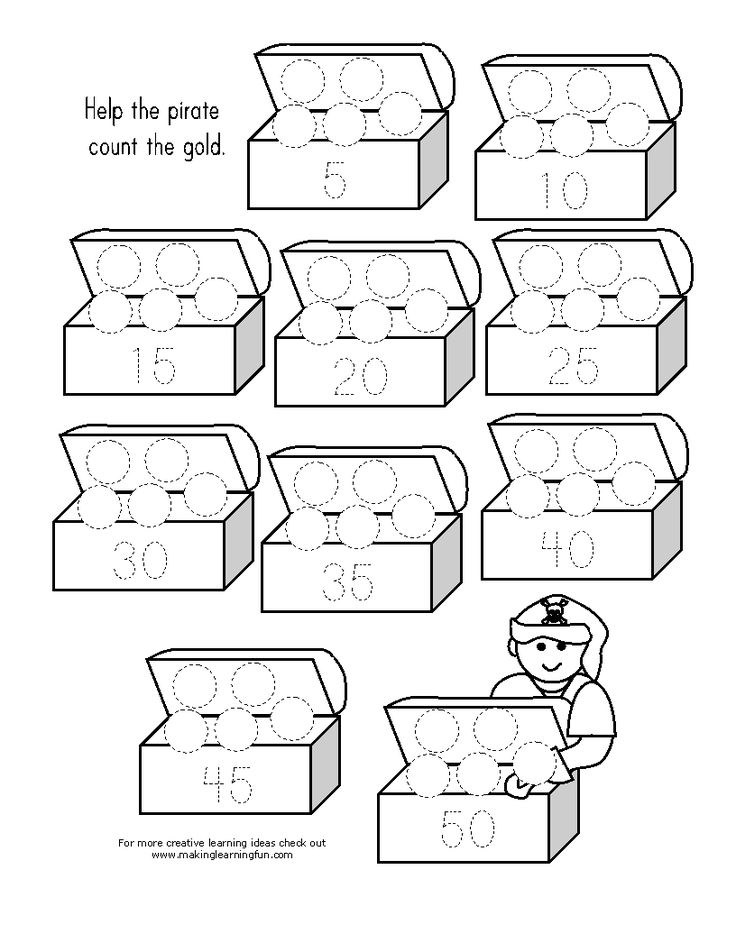 This was one of our favorite preschool math activities when my son was younger.
This was one of our favorite preschool math activities when my son was younger.
Math Activities for Preschool Math Centers
19. Make counting practice a game with this Race to Fill the Cup activity! This is a must-do when it comes to preschool math activities!
20. Finding shapes with I Spy Shape Glasses is a totally cool idea!
21. Counting and Measuring with LEGO is a fun way to work on counting, ordering and measuring numbers!
22. Take the learning outdoor with this super cool Pool Noodle Abacus!
23. This Button Counting Activity is a hands-on way for preschoolers to learn numbers and practice counting!
24. Work on fine motor skills and counting in this neat Counting beads on pipe cleaners activity!
25. Use clothespins to reinforce fine motor skills, colors and match numbers in this Hickory Dickory Dock Matching Clothespins activity!
26. This Printable Number Puzzle is a great way to work on a variety of ways to represent numbers.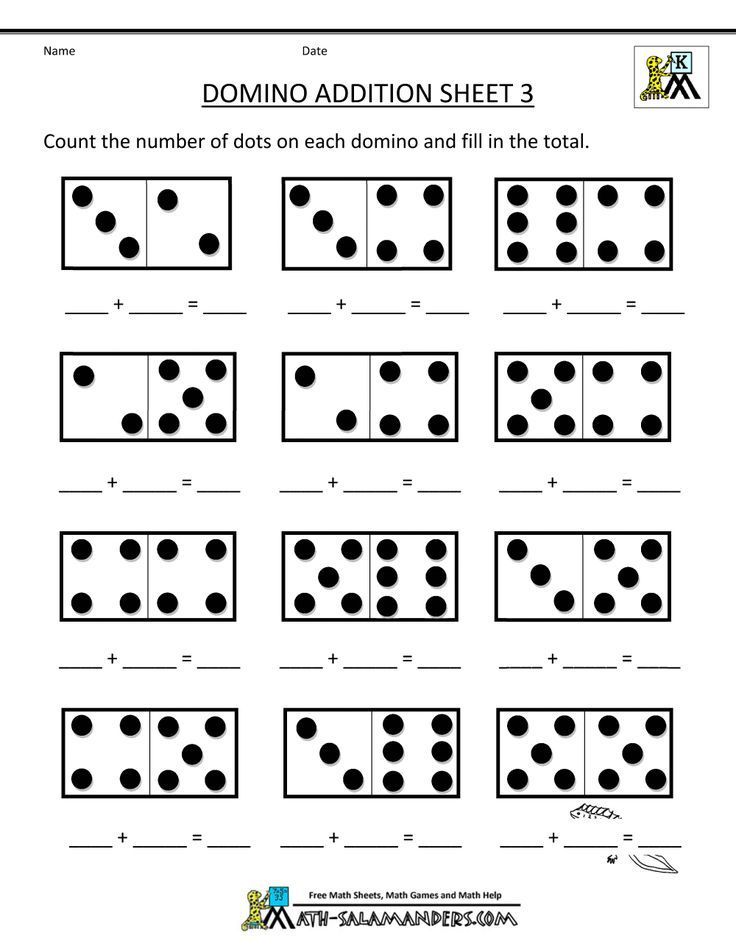
27. This Play Dough Math Invitation is open-ended and will keep preschoolers busy while learning a variety of math skills.
Even More Hands-On Math Activities for Preschoolers
28. These fun Farm Animal Rainbow Counters activity helps preschoolers learn to count and compare more or less!
29. Your kids will work on direction following, ordinal numbers and important vocabulary in this Matching Paths activity!
30. Your kids will have fun counting with this Ladybug Counting Busy Bag!
31. Counting Nature is a great way to work on counting and explore nature!
32. Your kids will have a ton of fun with Play Dough Addition.
33. Exploring Symmetry with Art is an awesome idea!
34. Use a Numbered Nature Tray to encourage number skill work while exploring nature!
35. This Play Dough Color Match Learning Activity is a fun way for kids to learn colors, matching, and sorting!
36. Your kids will love these 3 Counting Bear Activities for the Balance Scale!
37.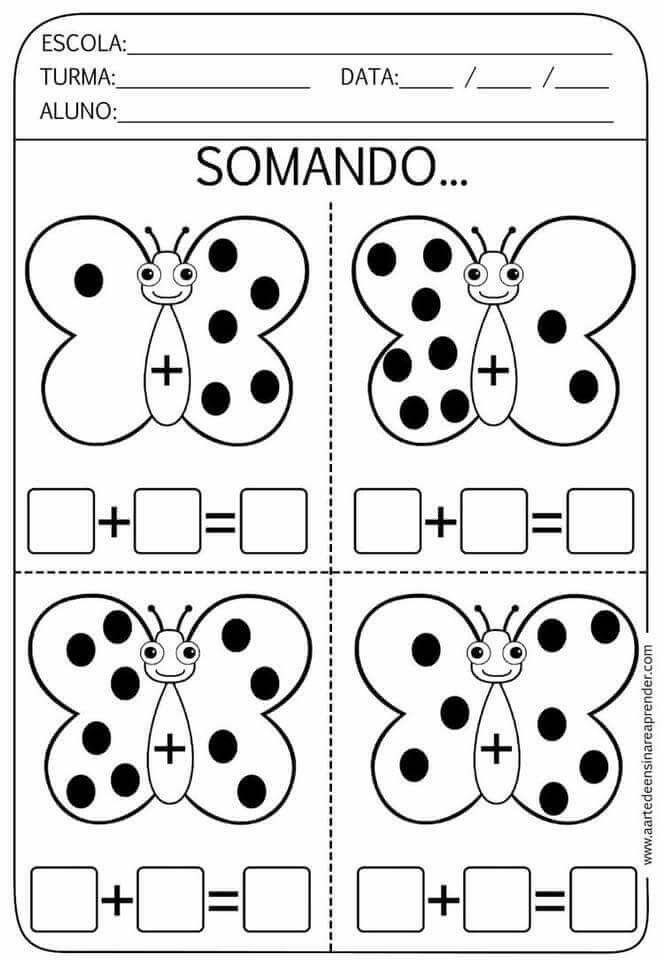 This Counting Math Game for Kids is great for practicing one-to-one correspondence!
This Counting Math Game for Kids is great for practicing one-to-one correspondence!
38. LEGO and Math combine in these LEGO Pattern Cards. A great activity to work on hands-on pattern building!
39. Counting Blocks While Building Towers is a fun way to learn with numbers!
40. These printable shapes are so inviting and are jam-packed with learning! You definitely have to add this to your list of preschool math activities to try with the kids!
Check out all of our other preschool math activities!
And because I LOVE combining literacy and math, here are 60 fantastic Math Picture Books for Preschool. Swap these in and out of your math center all year-long!
I hope this list will help you plan preschool math activities for the year ahead. I am really excited to do so many fun and engaging math activities with my kids this year!
I would love for you to share your favorite math activities for preschoolers in the comments!
Entertaining Mathematics Project | Project in mathematics (senior group):
Municipal budgetary preschool educational institution Kindergarten "Berezka"
Cognitive project on the topic:
"Entertaining Mathematics"
In the senior group
Project manager:
SITDIKOV teacher ZC . N.
N.
Igrim, 2017
Relevance.
Mathematics is one of the most difficult subjects in the school cycle, therefore, in order to successfully teach a child at school already in kindergarten, it is necessary to promote the mathematical development of a preschooler, expand their mathematical horizons, and improve the quality of mathematical preparation for school. This will allow children to more confidently navigate the simplest patterns of the reality around them and actively use mathematical knowledge in everyday life.
Mathematical representations should be mastered by a preschooler consistently, evenly and systematically. To this end, it is necessary to organize educational activities carried out both in the process of organizing various types of activities (game, communication, labor, cognitive research, productive, musical and artistic, reading fiction), and during regime moments; as well as independent activities of children using a variety of gaming tools.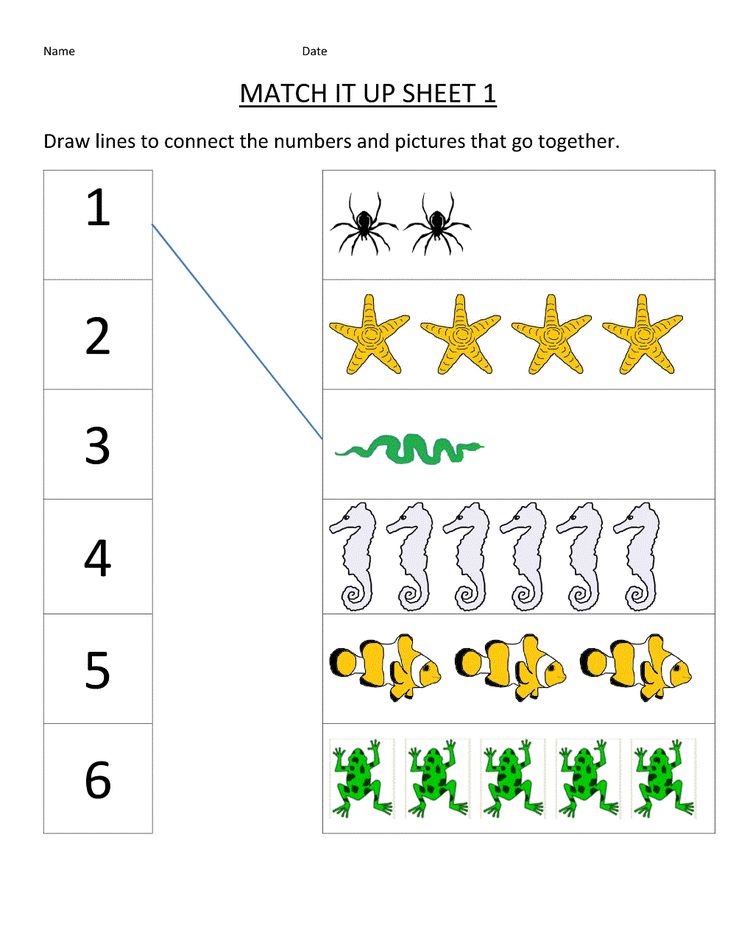 Also, the mathematical development of children will be more effective when interacting with the families of children.
Also, the mathematical development of children will be more effective when interacting with the families of children.
Didactic game and game exercises using visual material (using diagrams, cards, models, objects) arouse interest in children, facilitate and speed up the process of memorization, form techniques for working with memory and thinking, which in a visual and accessible form help children remember complex material.
Entertaining mathematical material is given by game elements contained in each task, logical exercise, entertainment, be it checkers or the most elementary puzzle. The inclusion of entertaining material in the GCD for FEMP allows you to keep children's interest in the lesson, and this creates the conditions for increasing the emotional attitude to the content of the educational material, ensures its accessibility and awareness. The mathematical techniques used, the combination of practical and gaming activities, the solution of problem-playing and search situations contribute to the development of elementary mathematical concepts in children.
In order to teach preschool children to love mathematics, to maintain interest in intellectual activity, to encourage them to solve search problems, it is necessary to approach the organization of the learning process creatively and with interest, use the variety and variability of educational games with mathematical content.
Type of project: cognitive-playing.
Implementation period: short-term (1 month).
Composition of participants: group (teacher, children of the older group, parents).
The purpose of the project: the formation of elementary mathematical concepts in children of senior preschool age through entertaining material in the organized and independent activities of children.
Tasks:
- To create conditions for the assimilation of mathematical concepts by preschoolers, to ensure the successful development of children's abilities and thinking.
- To promote the development of the ability to count forward and backward within 10, to use ordinal and cardinal numbers correctly.

- Help to consolidate the ability to recognize and name geometric shapes.
- To help improve the ability to identify sets of objects or figures that have a common property.
- To promote the development of mental operations: logical thinking, ingenuity, visual memory, imagination, the ability to compare and analyze.
- Promote the development of interest in games that require mental effort, intellectual effort.
- To promote independence, the ability to understand the learning task and perform it independently.
- Help improve the readiness of preschool children for schooling.
- Encourage parents to participate in the project and work with children at home.
Expected results:
- Raising the level of mathematical concepts in children of senior preschool age.
- Children have developed an interest in the very process of learning mathematics.
- Children independently find ways to solve cognitive problems, strive to achieve the set goal, overcome difficulties, and are able to transfer the acquired experience to new situations.
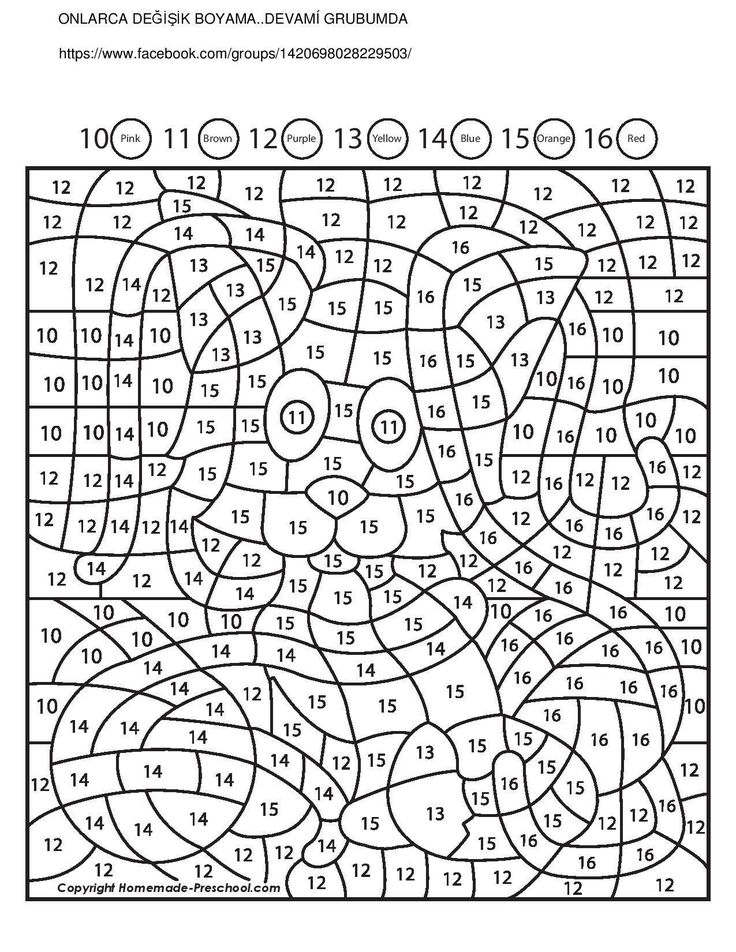
- Activation of parents' interest in the use of mathematical games and exercises.
- Parents' awareness of the importance of forming elementary mathematical concepts in children with the help of entertaining material, expanding parents' knowledge of entertaining material.
Preparatory phase:
- Definition of the project topic.
- Setting goals and objectives of the project.
- Selection of methodical, fiction literature on the topic of the project.
- Selection of didactic, outdoor games, physical education sessions on the topic of the project.
- Production of educational games in mathematics.
- Drawing up a plan for the main stage of the project.
- Development of summaries of proposed educational activities, quizzes.
- Involving parents in joint work on the project:
- creative task: pick up mathematical riddles, tasks, rebuses and colorfully arrange this material;
- help of parents in making didactic games on FEMP.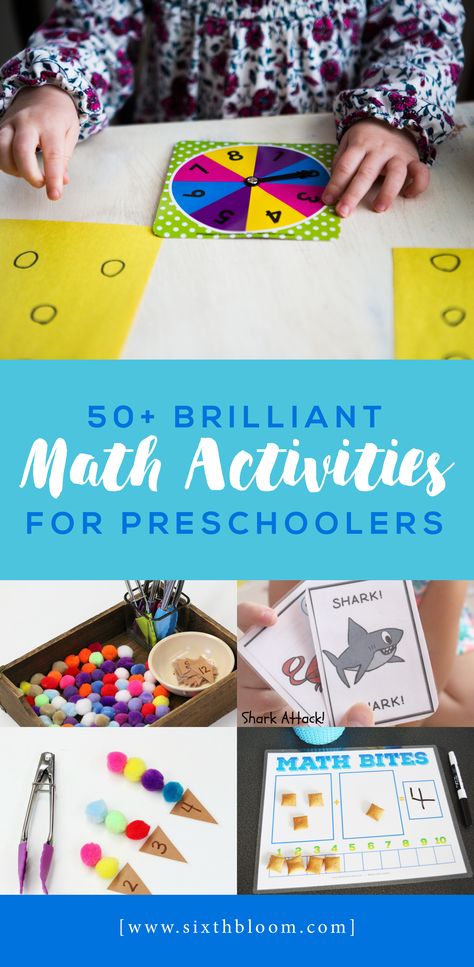
- Parent survey.
- Making a folder - sliding "Mathematics for preschoolers".
- Conversation with parents "How to organize children's games at home using entertaining material"
Main stage:
- GCD according to the calendar-forward planning in the senior group:
- GCD for FEMP "Letters of the Queen of Mathematics", "Cities of the Queen of Mathematics" mathematics";
- GCD for fine arts: drawing "Funny Figures", pea appliqué "Magic Numbers", modeling "Funny Figures".
- Reading mathematical fairy tales, fairy tales with counting elements: "Three Bears", "Two Bear Cubs", "Twelve Months" by S. Marshak, "Flower - Seven-Colored" by V. Kataev; K. Ushinsky's story "Four Desires".
- Learning poems about numbers, counting rhymes, riddles about geometric shapes and numbers.
- Viewing a computer presentation "Flight to the planet Mathematics", "Funny figures".
- Mathematical coloring, number drawing.
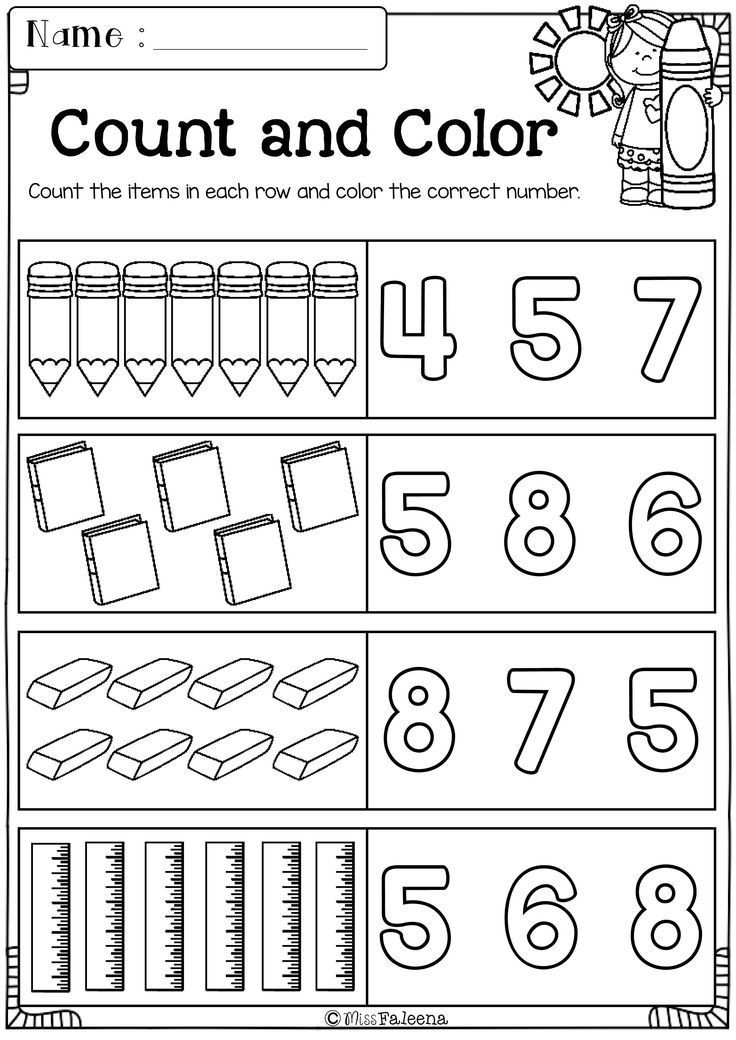
- Design.
- Working with counting sticks.
- Drawing geometric figures on a semolina
- Didactic games with mathematical content: "Tic-tac-toe", "Mathematical loto", "Ladybugs and daisies", "Labyrinths", "What numbers are lost", "Funny numbers", "Mathematical houses”, “Mosaic from caps”, “Tangram”, “Mathematical tablet “Geometric”, “Magic circles”, “Domino”, “Wonderful bag”, “simulator “Ladybugs”.
- Guessing riddles, entertaining questions, comic puzzles, puzzles.
- Outdoor games: "Make a figure", "The sea is worried."
- Finger exercises.
- Physical education minutes "Exercise", "Make a figure".
Final stage:
- Exhibition of educational games made together with children and parents.
- Conversation "Why I'm interested in mathematical games."
- Exhibition of baby books with mathematical tasks.
- Independent activity of children in the mathematical corner.
- Use of didactic games on FEMP at GCD.
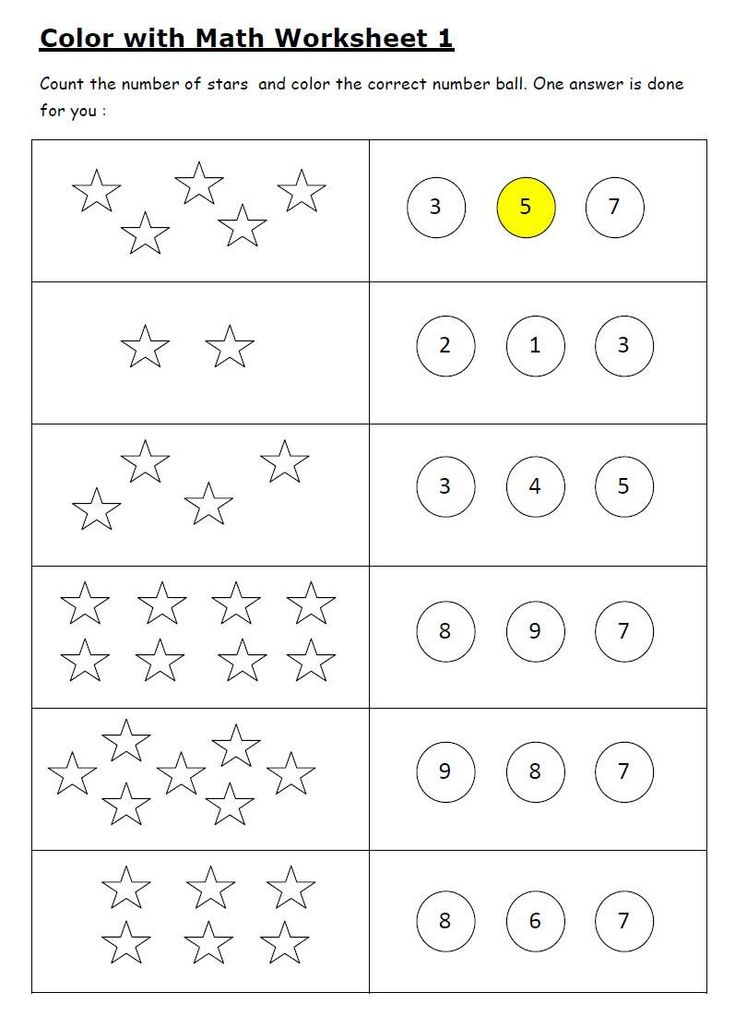
- The final event - the quiz "Clever and clever".
- Processing and design of project materials.
Project progress.
The work on the project took place in several stages. At the preparatory stage, a plan for the implementation of the main stage of the project was drawn up, methodological and fiction literature, illustrative material, computer presentations "Flight to the Planet Mathematics", "Funny Figures", didactic games, physical exercises, finger gymnastics were selected. Developing games of mathematical content were made.
Parents were involved in the preparation of the project implementation: a survey was conducted with them, a folder was made for them - the “Mathematics for Preschoolers” movement. Parents also helped in the production of educational games in mathematics. Parents were given a task: to pick up entertaining mathematical material (problems, riddles, puzzles, rebuses) and colorfully arrange it.
At the main stage of the project, many lessons were related to the topic of the project.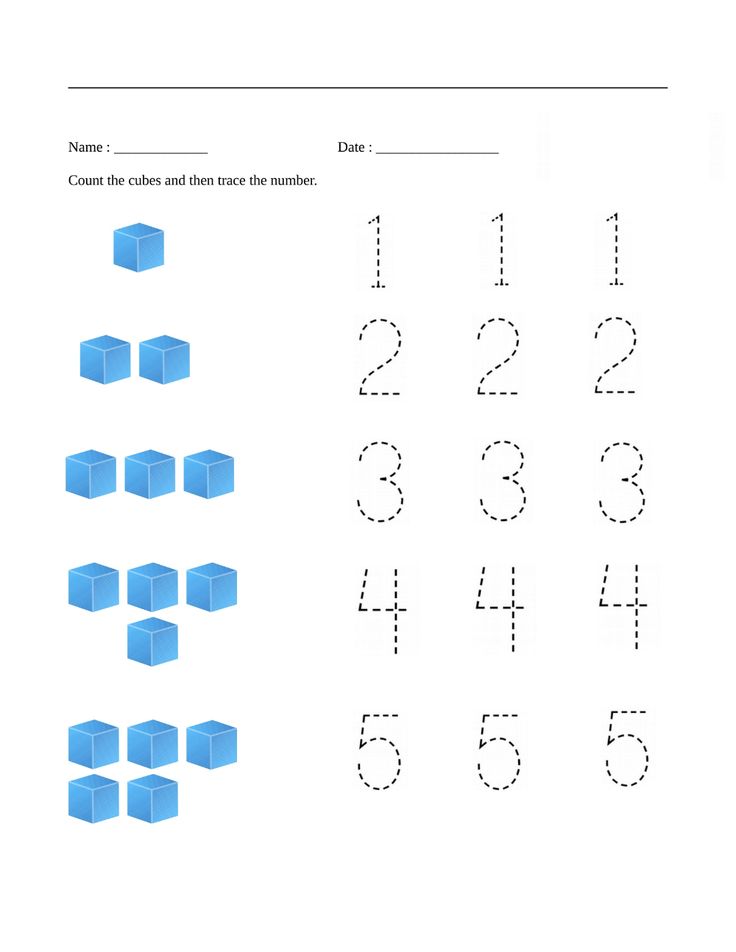 In the classes on the development of speech and reading fiction, we with children:
In the classes on the development of speech and reading fiction, we with children:
- read mathematical stories and fairy tales with mathematical content: "Three Bears", "Two Bear Cubs", "Twelve Months" by S. Marshak, "Flower - Seven-Flower" by V. Kataev; K. Ushinsky's story "Four Desires";
- memorized poems about numbers, counting rhymes, mathematical riddles.
During the art classes, children created drawings using geometric shapes, made “magic” numbers from peas and plasticine.
During math classes and during free activities, children worked with mathematical prescriptions - coloring pages, made constructions from construction kits, mosaics, Gyönysh blocks. The children also worked with counting sticks: they assembled figures according to the model and according to the plan. The children really enjoyed drawing geometric shapes on the semolina.
We played a lot of homemade didactic games of mathematical content:
- Tic Tac Toe. Tasks: to promote the development of attention, memory, the ability to focus on a particular subject for a long time, to promote the development of the ability to distinguish between concepts such as "diagonally", "vertically", "horizontally".
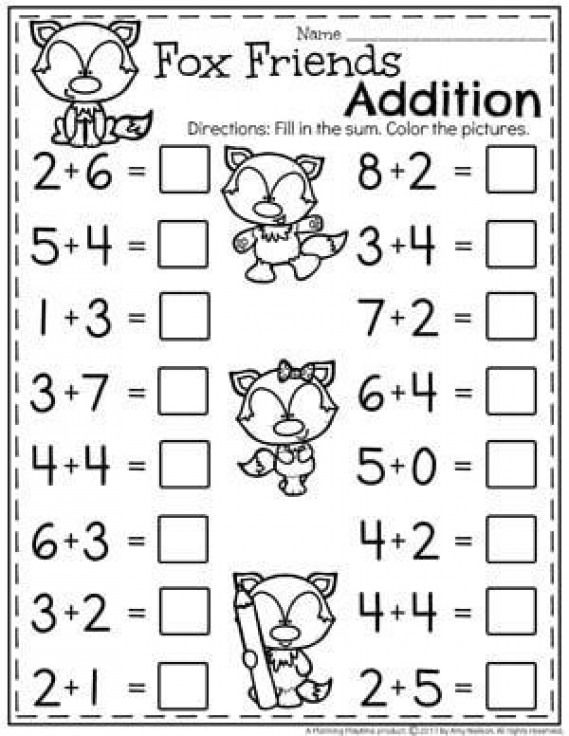
- "Mathematical Lotto". Tasks: to promote the assimilation of the sequence of numbers from 1 to 9; consolidate knowledge of geometric shapes.
- Ladybugs and Daisies. Purpose: the formation of the ability to compare, compare numbers and figures, arrange them in forward and reverse order.
- "Labyrinths". Tasks: to promote the development of logical and spatial thinking, multivariance, the ability to achieve goals, to promote the development of perseverance and patience.
- "Which numbers are missing?". Purpose: development of the ability to determine the place of a particular number in a series and the relationship to the previous and subsequent number.
- Math Houses. Purpose: the formation of knowledge about the composition of the number of two smaller ones.
- Tangram puzzle. Purpose: to develop the ability of children to analyze images, to highlight geometric shapes in them, to break the whole object into parts, and vice versa - to compose a given model from elements.
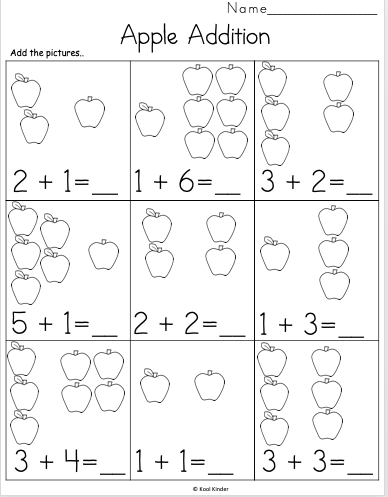
- Mathematical tablet Geometric. Purpose: formation of the ability to create images, development of figurative thinking, concentration,
- "Magic Circles". Purpose: development of counting skills and consolidation of the composition of the number.
- Ladybug Trainer. Purpose: formation of the ability to navigate the playing field with cells, move the ladybug in the indicated direction, determine the spatial arrangement of objects: “above”, “below”, “right - left”, “left - right”.
- "Funny numbers". Purpose: the formation of the ability to lay out numbers from various materials at hand, the development of fine motor skills.
Solved comic problems, puzzles, guessed mathematical riddles. In this work, we used baby books made by parents. Together with the children, we learned and mastered new outdoor games, physical exercises and finger gymnastics of mathematical content.
At the final stage of the project, the following were arranged: a corner of entertaining mathematics, an exhibition of joint creative works of parents and children.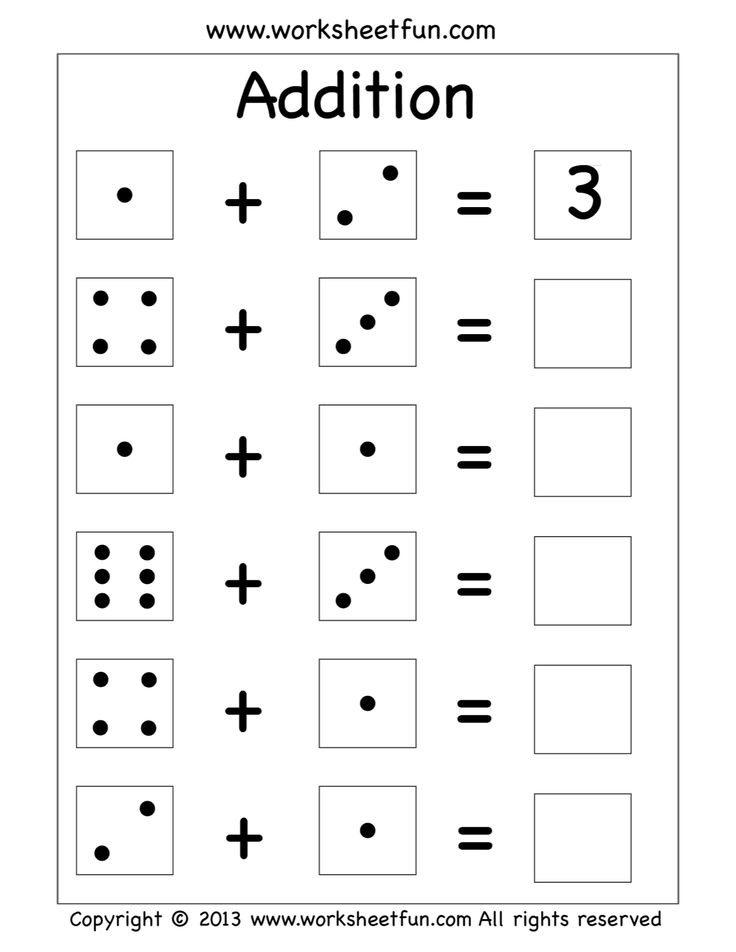 A mathematical quiz "Clever and smart" was also held. Project materials were processed and designed, a presentation was created.
A mathematical quiz "Clever and smart" was also held. Project materials were processed and designed, a presentation was created.
Project results.
The project proposes a system of work with children and parents on the introduction of educational games with mathematical content into the educational process in order to develop logical thinking and creative abilities in children of senior preschool age. The formation of mathematical representations and elements of logical thinking requires constant, systematic and systematic work, both in the joint activity of an adult and a child, and in independent activity. Developing games of a mathematical orientation contribute to the successful learning of the basics of mathematics, the formation of mathematical thinking, stimulates the development of creative imagination, the education of perseverance, will, perseverance, and determination.
Mathematics research projects | Creative projects and works of students
This section presents ready-made research and creative projects in mathematics for students of grades 1, 2, 3, 4, 5, 6, 7, 8, 9, 10 and 11 of the school.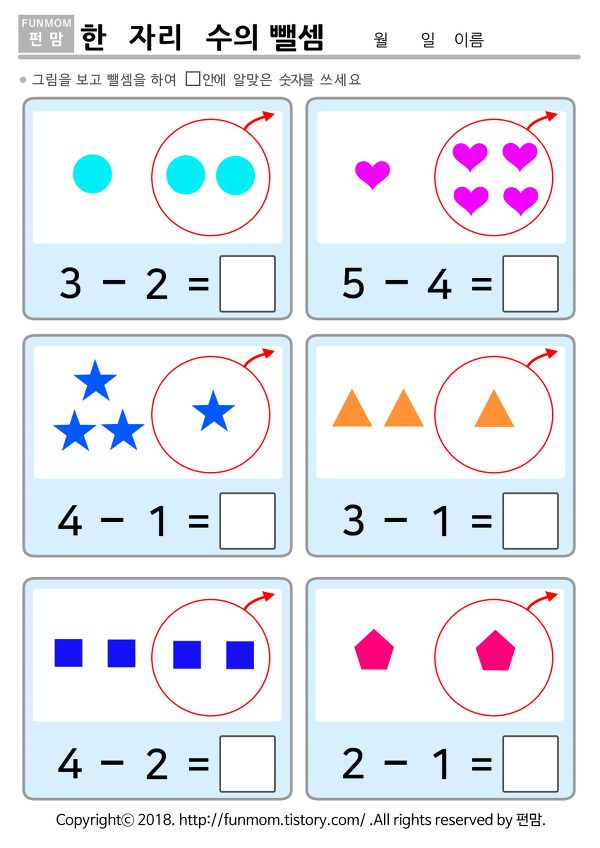 In creative projects and works in mathematics, tasks and assignments for numbers, fractions, time are considered; the definition of geometric shapes is given: circle, square, triangle, segment, straight line; the role of mathematics in the world is investigated, the definition of such concepts as figure, number, sign is given; mathematical riddles, sayings and proverbs are offered, the history of mathematics is being studied.
In creative projects and works in mathematics, tasks and assignments for numbers, fractions, time are considered; the definition of geometric shapes is given: circle, square, triangle, segment, straight line; the role of mathematics in the world is investigated, the definition of such concepts as figure, number, sign is given; mathematical riddles, sayings and proverbs are offered, the history of mathematics is being studied.
4 (one) 5 (2) 6 (four) 7 (four) eight (5) 9 (7) ten (5) eleven (7)
Subject:
Mathematics
Author:
Yunia Kubryak
In an educational research project in mathematics on the topic "The Golden Ratio in Figure Skating", a student identifies the use of the Golden Ratio in figure skating.
Subject:
Mathematics
Author:
Maria Kosorukova
In the educational research work on mathematics on the topic "Great mathematicians and mathematical discoveries", theoretical information about great names and their discoveries in the field of mathematics was considered.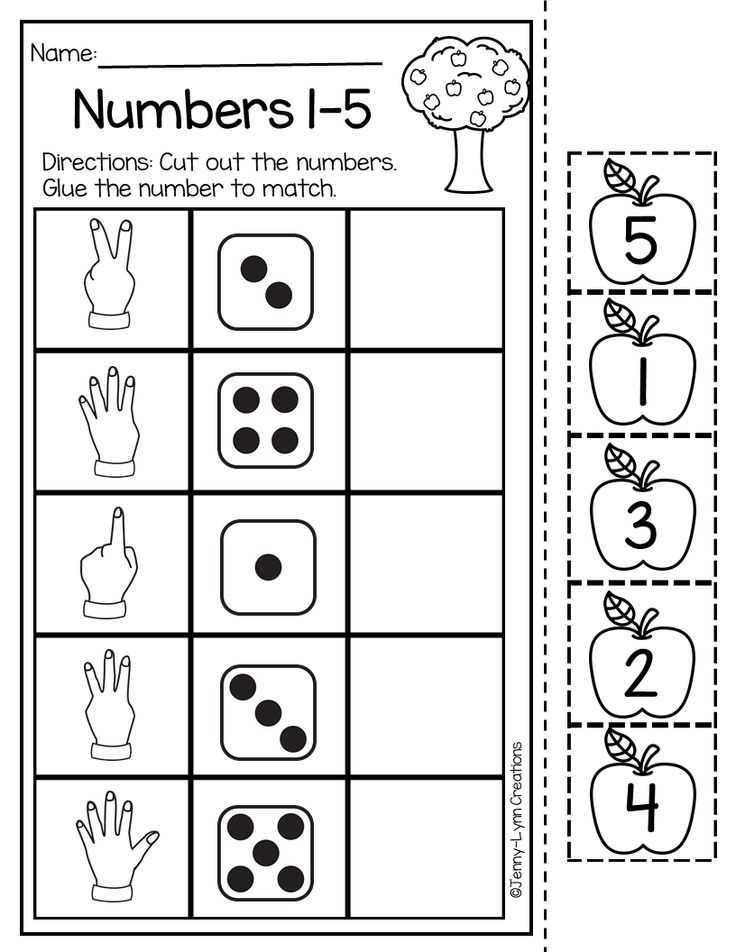
Subject:
Mathematics
Author:
Sairanov Eldan
Student mathematics project "Ordinary fractions in people's lives" gives a detailed description of the concept of fractions in mathematics, and also gives examples of the use of ordinary fractions in everyday life.
Subject:
Mathematics
Author:
Georgy Tverdokhlebov
, what ways to solve such a plan of tasks may appear in the near future.
Subject:
Mathematics
Author:
Anastasia Vlasyuk
Mathematics research project on the topic "Business plan for a poultry farm" considers a business plan for breeding chickens and selling eggs and poultry meat. The paper considers the methods of marketing, as well as the possible risks of such an enterprise.
Subject:
Mathematics
Author:
Tvorogova Alina Yurievna
In the educational research work in mathematics on the topic "Non-standard methods for solving equations and inequalities", the theory for solving equations and inequalities was considered, key concepts about how to solve equations were given.